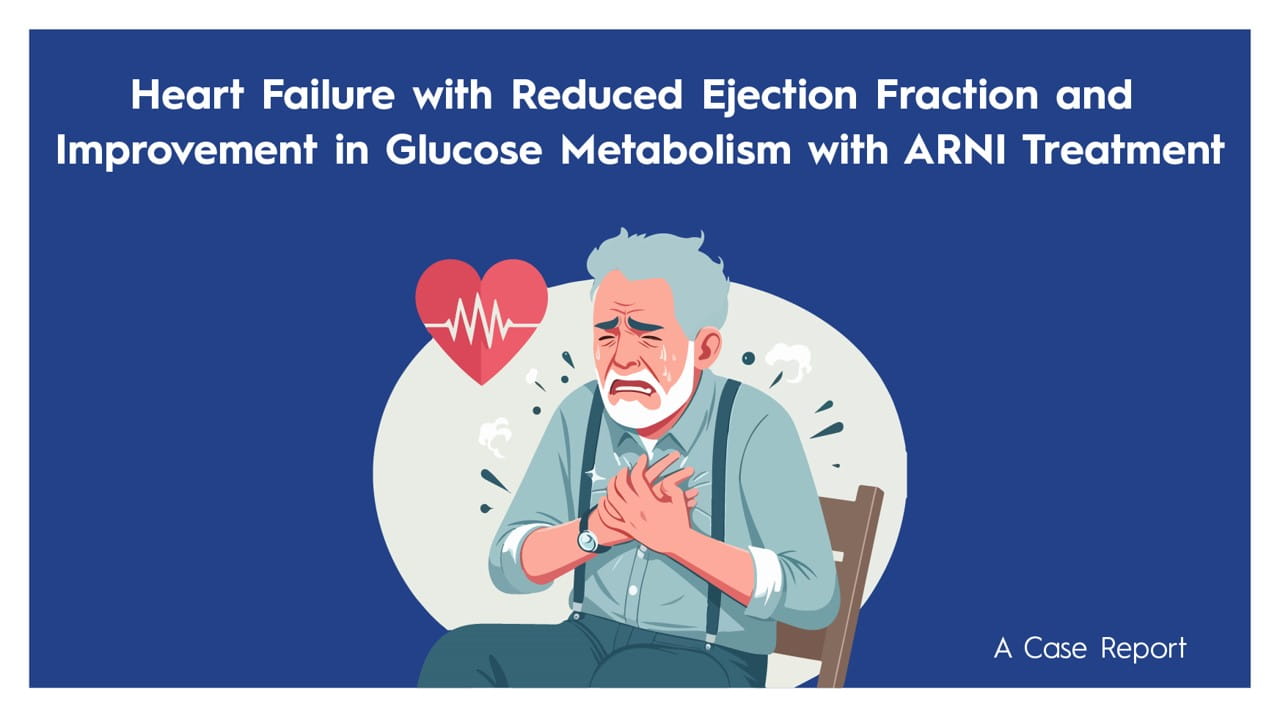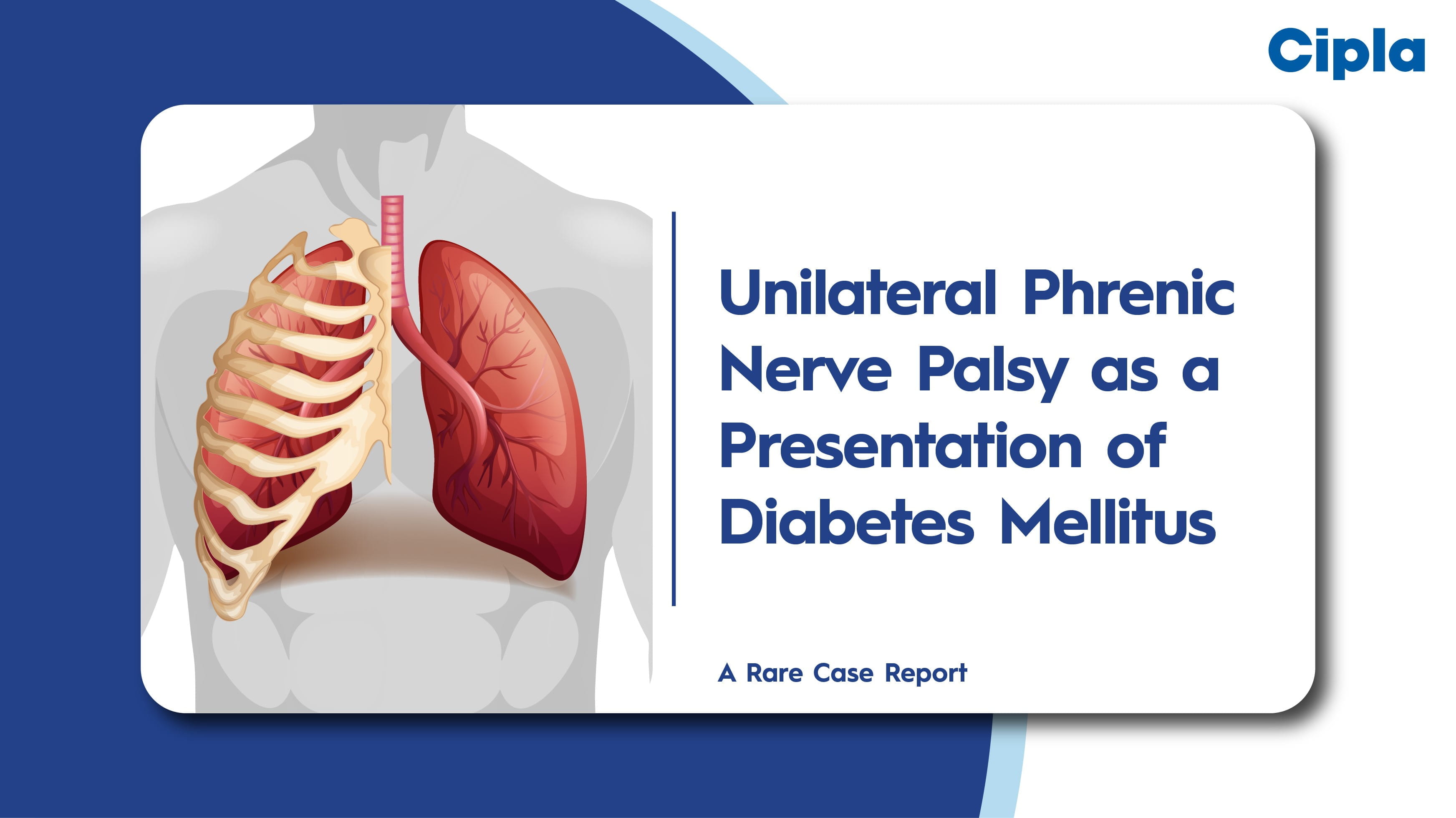Conference Highlights
ADA 2025: 1384-P: Progression of Albumin/Creatinine Ratio (ACR) and Estimated Glomerular Filtration Rate (EGFR) over 24 Years in People with T2D—Drivers and Protectors
Introduction:
The pathophysiology of chronic kidney disease (CKD) in type 2 diabetes (T2D) is multifactorial. This study assessed changes in albumin-to-creatinine ratio (ACR) and estimated glomerular filtration rate (eGFR) over 24 years and evaluated factors influencing these changes in T2D patients.
Methods:
- Population: 718 individuals diagnosed with T2D (2001–2024)
- Analysis: Longitudinal modelling to assess yearly rate changes in ACR/eGFR and predictors across:
- Total sample
- Subsamples:
- No-CKD
- CKD with increased ACR/preserved eGFR
- CKD with increased ACR/low eGFR
Results:
- Overall yearly change:
- ACR: Increased exponentially by 0.91 mg/mmol per year
- eGFR: Declined linearly by 1.02 mL/min/1.73m² per year
- ACR progression predictors (particularly in CKD with increased ACR/preserved eGFR group):
- Systolic BP (β=0.36, 95% CI [0.24, 0.48])
- Diastolic BP
- eGFR decline predictors (significant only in non-CKD baseline subgroup):
- Female sex
- Systolic BP (β=−0.12, 95% CI [−0.17, −0.06])
- Diastolic BP
- HbA1c (β=−1.17, 95% CI [−0.63, −1.71])
- Baseline cholesterol (β=0.86, 95% CI [0.29, 1.43])
- Smoking (β=−2.05, 95% CI [−3.80, −1.30])
Conclusion:
Many factors are associated with progression of CKD over 20+ years including female sex, smoking and higher blood pressure. Thus for prevention and reducing the degree of renal complications it is necessary to conduct timely risk profiling and intervention.
ADA 2025, 20-23 June, Chicago
Latest News
30 Jun, 25
30 Jun, 25
Other Conference Highlights
20 Jun - 23 Jun, 25
ADA 2025
Chicago
20 Jun - 23 Jun, 25
ADA 2025
Chicago
20 Jun - 23 Jun, 25
ADA 2025
Chicago
20 Jun - 23 Jun, 25
ADA 2025
Chicago




